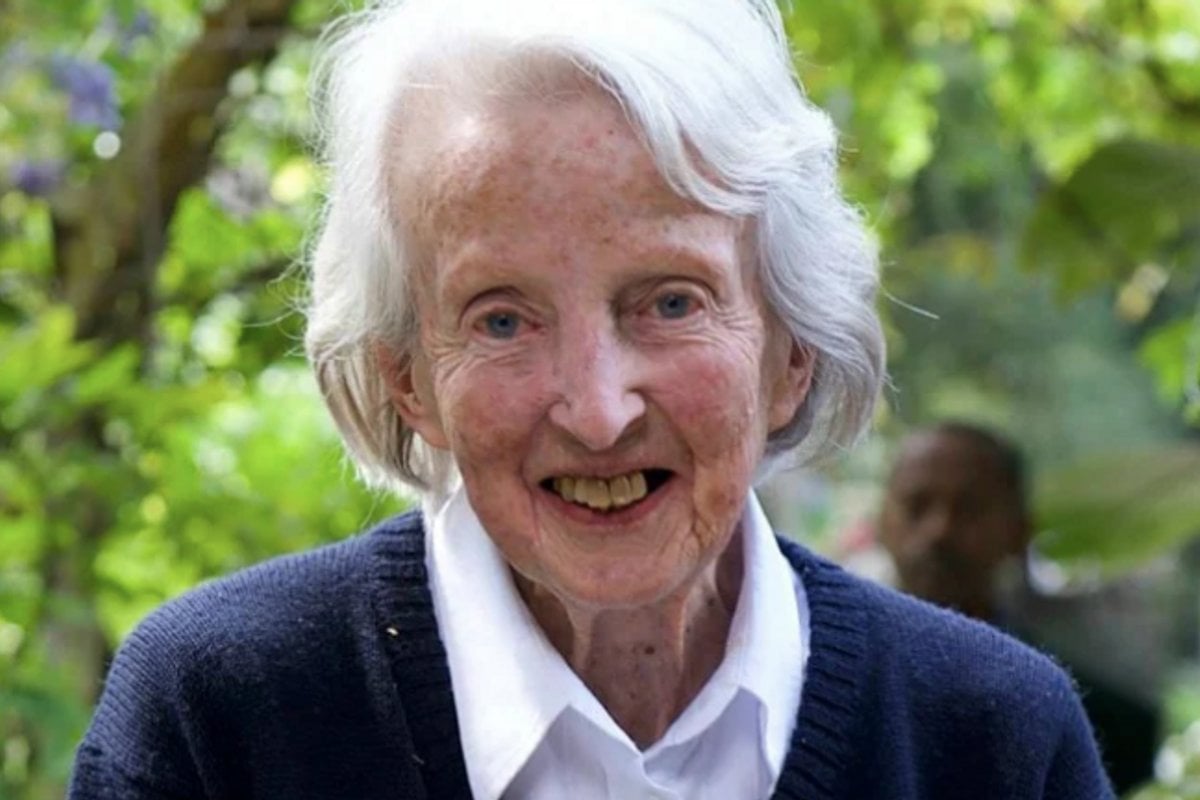
This article deals with infant loss and depression and won’t be suitable for all readers.
Sixteen-year-old Mamitu Gashe is at home in her hut in the remote highlands of Ethiopia when her labour starts. She doubles over in pain and someone is dispatched to send for her mother and sister.
She spends the whole of that night in agony from the contractions that are coming more frequently and more violently with every passing hour, but keeps telling herself that it won’t be long before her baby arrives. But by the time the dawn light streaks the sky, there’s still no sign that the baby is any closer to being born.
Watch: A tribute to the babies we've lost. Post continues below.
She’s pleased, however, that her family are now there to help. ‘Stay strong,’ her mother tells her, giving her some hot sweet tea. ‘It can’t be too much time left now.’
Mamitu smiles weakly, but, for the first time, starts to wonder if there’s something wrong.
Her husband of two years is pacing around outside, constantly asking for news. But another day passes. Then another night. Then another day, and another night.
By the third day, Mamitu’s eyes are rolling in her head from the constant pain. Her mother and sister try to persuade her to eat something, but Mamitu refuses. They try to pour some cool water into her mouth, but it trickles down her chin. She’s too weak by now even to swallow.


Top Comments